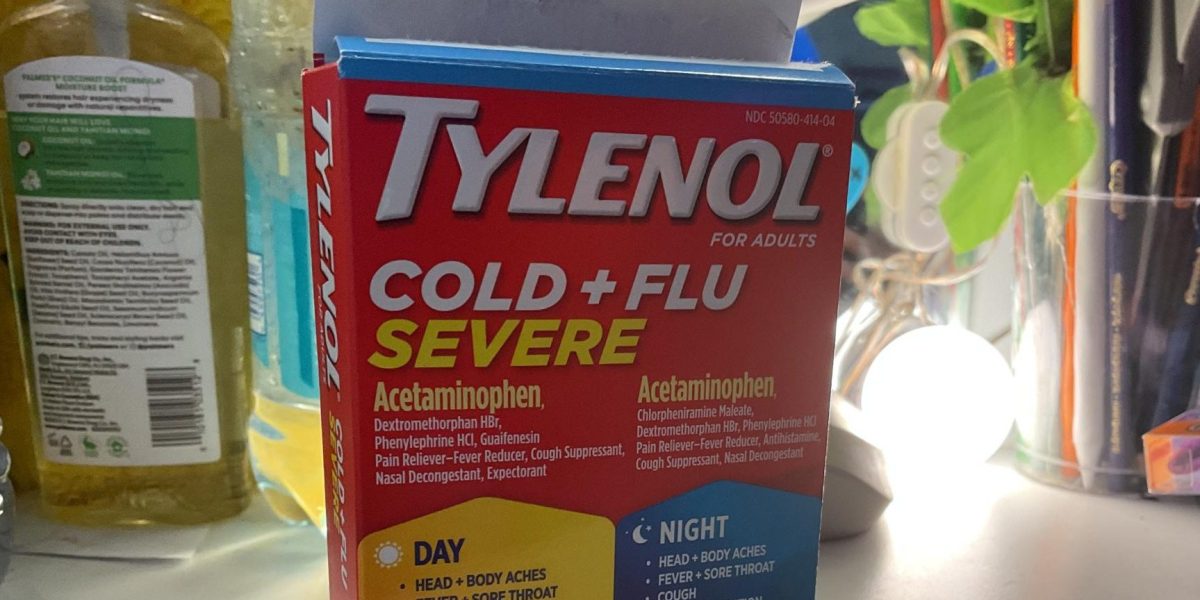On September 22, 2025, President Donald Trump and the Health and Human Services Secretary Robert F. Kennedy Jr. both announced that the counter pain reliever and fever reducer, Tylenol, can be a possible association with autism for pregnant women who use it.
There have been oral arguments that were pushed back from October 6 to November 17 to give everyone time to process the new things that the Trump administration said.
Tylenol is one of the most taken drugs during pregnancy, and roughly half of all pregnant people use it worldwide. Pregnant women use Tylenol because it helps them with headaches and maternal fever.
The FDA (Food and Drug Administration) announced that it recommended that they slap a new warning label on the drug saying that there is a possible association that it will cause autism to the child that is in the pregnant woman’s stomach and that they can only use it unless “medically necessary.”
On Good Morning America, they said that the FDA letter to physicians said, “While an association between Tylenol and autism has been described in many studies, a causal relationship has not been established.”
According to scientists, they say that the most robust research does not link autism and Tylenol use in pregnancy. A psychologist who studies autism at Boston University, Massachusetts, Helen Tager-Flusberg, said, “The better controlled studies are less likely to find even a small risk.” Helen also says, “We do not think that taking Tylenol is in any way contributing to actually causing autism.”
There was a study that showed that around 1.42% of children exposed to Tylenol during pregnancy were autistic compared to the 1.33% of children who were not exposed, which is a very small difference.
A recent review by a Harvard-led team taking eight studies into account found that the child exposed to this medication in utero had a higher risk of developing autism than one not exposed to it.
On UCHealth’s website, they say that taking Tylenol during pregnancy does not cause autism.The website says that the pregnancy-related risks associated with medications, including ibuprofen and opioids, have made Tylenol the default pain reliever and fever reducer during those nine months of pregnancy.
UCHealth also said that boys are about three times more likely to have autism than girls and that the younger siblings of a child with autism have six times the likelihood of having autism, which is suggesting that it’s a genetic cause.
While maternal pain can bring many problems, such as depression and high blood pressure, Braverman is particularly concerned that the women may choose to let a fever burn rather than taking Tylenol to douse it.
Tylenol has seen the news about this and they have a slight chance of suing them for making these accusations about their product.
On September 29, plaintiffs in the Tylenol litigation filed a letter with the Second Circuit urging the court to consider the federal government’s recent actions. The filing says that the FDA and HHS relied on the work from a Harvard public health, Dr. Andrea for the plaintiffs.





















































